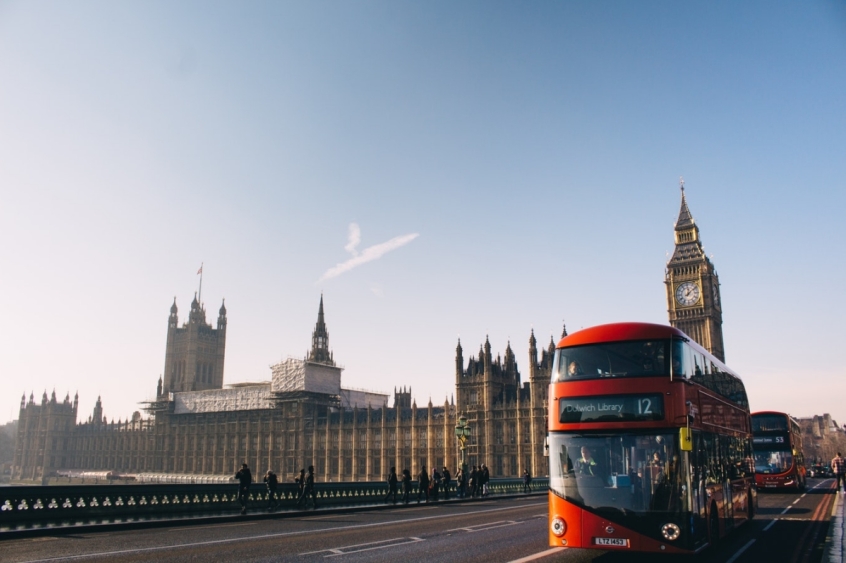
The new Budget delivered by the Chancellor on Wednesday has been met with a mixed response by some.
Coronavirus dominated Rishi Sunak's tax and spending plans for the next year, with £30bn allocated to protecting the economy.
£5bn was pledged towards an emergency fund to support frontline services like the NHS, while local councils were given an extra £500m to help the most vulnerable in their communities.
There was some relief for small businesses too, with £1.2m being made available for "business interruption" loans and those with fewer than 250 employees being offered a refund for two weeks of sick pay payments.
"I want to get straight to the issue most on everyone's mind– coronavirus COVID19," said Sunak in his first Budget speech to Parliament.
"I know how worried people are. Worried about their health, the health of their loved ones, their jobs, their income, their businesses, their financial security.
"And I know they get even more worried when they turn on their TVs and hear talk of markets collapsing and recessions coming.
"People want to know what's happening, and what can be done to fix it.
"What everyone needs to know is that we are doing everything we can to keep this country, and our people, healthy and financially secure.
"We are clear that this is an issue above party. We will do right by you and your family and I know I will have the support of the whole House as I say that."
Mark Russell, Chief Executive of the Children's Society, welcomed the extra support for local authorities in light of the coronavirus outbreak but said the Budget still did not address the question of long-term funding for councils struggling to provide vital services.
"It is good to see the Government responding to the Cornoavirus outbreak with additional emergency funding for councils to support vulnerable people," he said.
"However, it also needs to give councils long-term, targeted funding for the provision of emergency help for families in a crisis.
"Lack of targeted funding has meant many councils have cut so-called 'local welfare assistance' schemes supporting families facing a financial emergency, and now 1 in 7 councils no longer provide these schemes. Councils should get the funding they need to provide the best possible safety net for families."
He warned that children's services in particular were suffering as a result of a shortfall in funding, and that the latest Budget would do little to remedy this.
"Children's services urgently need additional funding, and it is disappointing that more has not been done to address this," he said.
"Too many children are not getting the help they deserve, without which they may be more likely to be unhappy, go missing and be at risk of criminal and sexual exploitation.
"The £1bn a year extra previously pledged by the Government covers the entire social care system, including adult care, and while welcome, falls far short of what is needed.
"The Government's promised social care review must address this shortfall and ensure councils get the long-term funding they need to support all children and families who need help."
Justin Thacker, National Coordinator of Church Action for Tax Justice, questioned how the Government plans to fund its spending commitments.
"It would seem as if Rishi Sunak's first budget has reinvented the magic money tree. There were lots of spending promises, but it was far less clear where the money would come from," he said.
He also questioned some of the pledges, including those relating to the climate and alcohol consumption.
"While many aspects of the budget are to be welcomed, some aspects seem strange," he said.
"Does it make sense, for instance, to invest in flood defences while freezing fuel duty and expanding road usage? That seems like a sticking plaster on a deep wound.
"And the changes to national insurance will benefit working people on average incomes, but if the intention was to help the poorest in society there are much better ways to do it."
He continued: "Many Christians will also be concerned about the freeze on alcohol duty and reduction in rates for pubs as we often see the negative social consequences of drinking.
"Perhaps the biggest issue is simply that the significant economic inequality in our country has not been tackled. We remain a deeply divided society and this budget has not taken the opportunity to address that."













